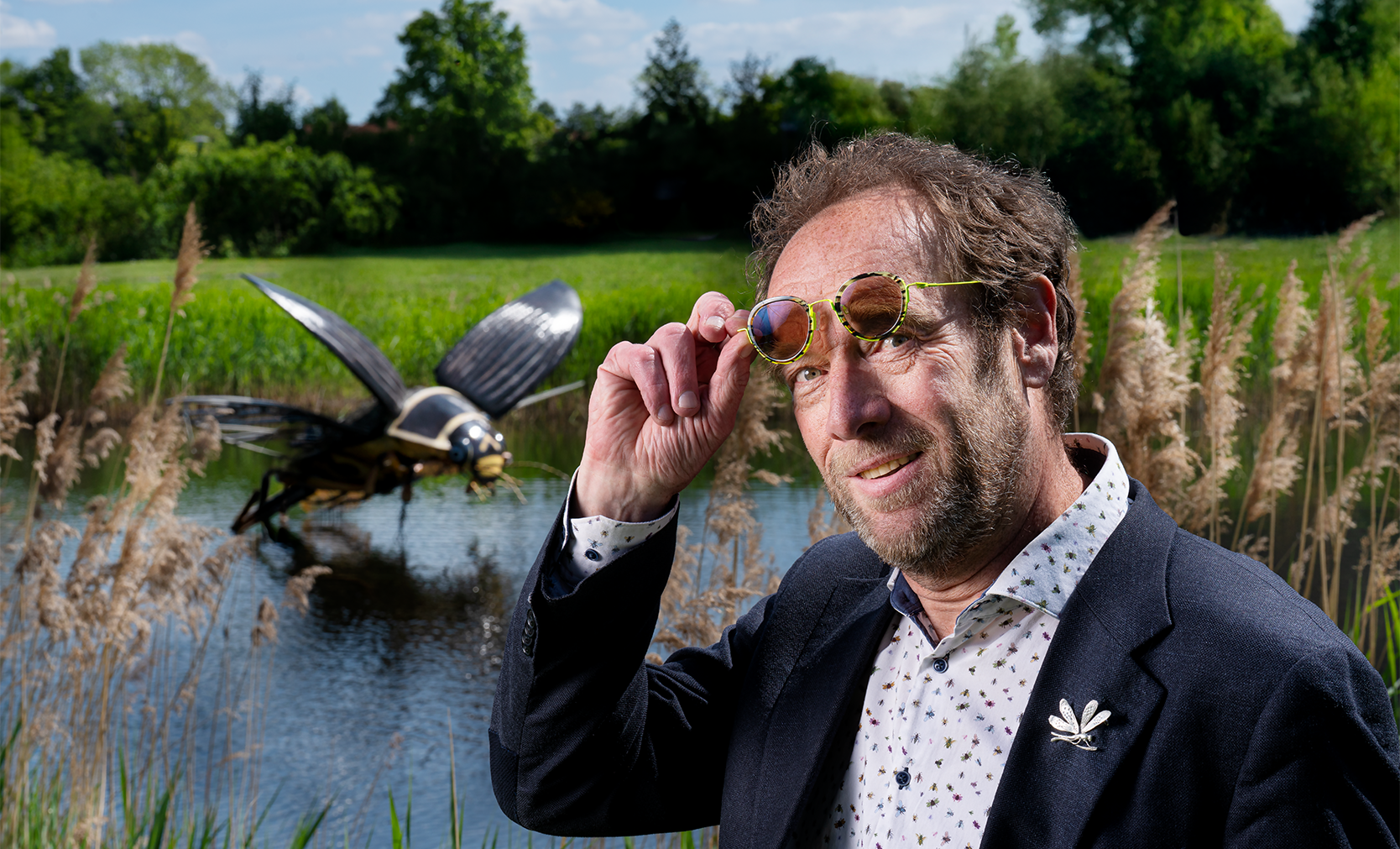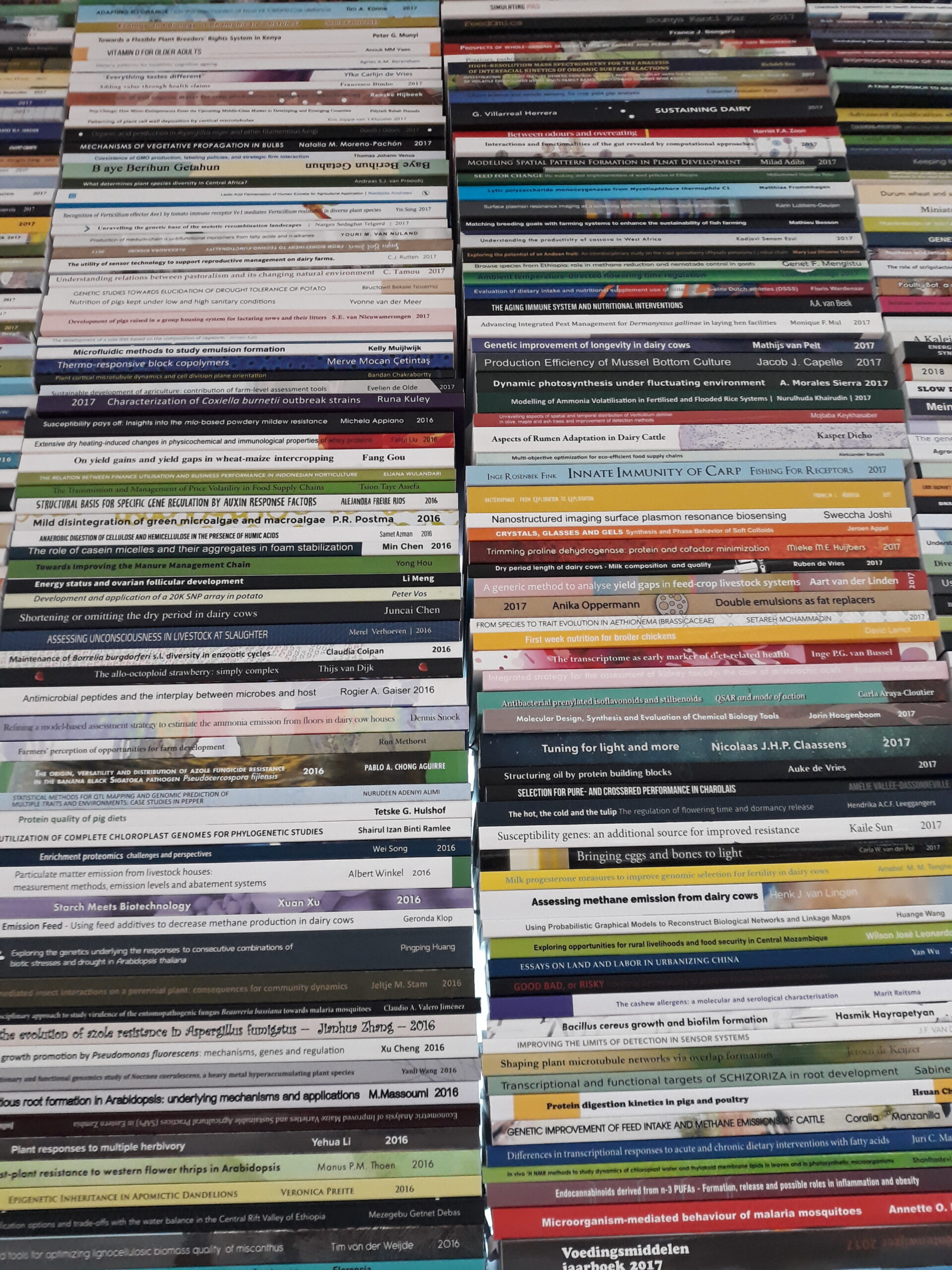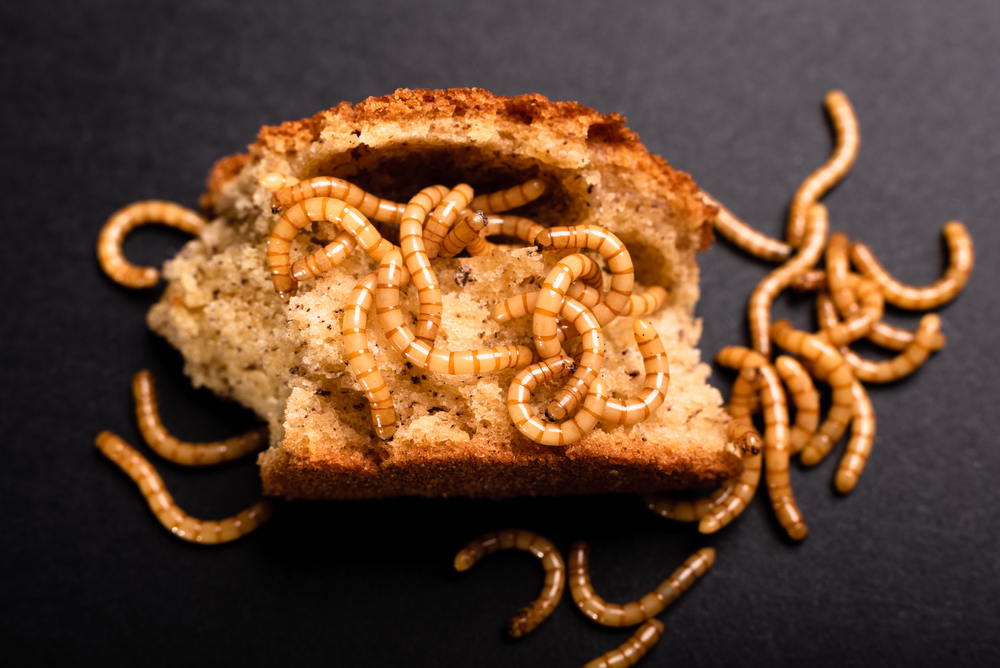Rachel Carson’s book Silent Spring, published in 1962, was a global wake-up call. But the environment is not in a much better state today, says Professor Marcel Dicke.
In her shocking book, Carson exposed the damage to the environment caused by the excessive use of pesticides. They were killing not only the pests they were designed for; all insects were affected, making birds starve to death. The result was silence in springtime. The parallels with today are clear.
‘In fact, it has got even quieter,’ says Dicke. Silent Spring is more relevant than ever since scientists showed that the biomass of flying insects and the numbers of birds in the European countryside have plummeted. ‘The point is that we barely notice. It’s only when you get older and can look back over a longer period that you can see the long-term developments. Someone aged 20 today would never have had to wash the car windscreen because it was covered in dead insects. I’m part of the generation that remembers doing this.’
We need to let go of the idea that pesticides are essential for feeding the world
In his farewell lecture entitled Bugged Ideas on 6 June, Dicke will deal at length with this concerning situation and how to turn the tide. The title has multiple meanings. ‘It’s about how insects – bugs – inspired my ideas. But it also refers to the issues that I think and worry about, that are bugging me.’ How pesticides are poisoning nature is one such issue. Or more precisely: the persistent paradigm that we can’t do without pesticides and chemicals to feed the world.
Pesticides
In Carson’s day, the main culprit was DDT. Today’s systemic pesticides are supposedly smarter. Dicke: ‘The narrative is that they are ideal because the insecticide is in a coating around the seed, so it no longer gets into nature by being sprayed or blown around.’ But, as one of Dicke’s PhD candidates showed in 2019, the situation in practice is rather different. Insecticides such as the notorious neonicotinoids still end up in the environment via sucking insects such as aphids and the honeydew they secrete.
We are poisoning our entire environment
Three of those insecticides have since been banned in Europe. ‘But European companies still export them in enormous quantities to the rest of the world,’ says Dicke indignantly. ‘Why is that allowed? If they are harmful here, surely they are in the rest of the world too?’
‘I read a news item today saying that a lot of pesticides have been detected in the leaves of oak trees. When people hear such things, they often say: oh well, the amounts are only small. But the effect of the combination of all those small amounts has rarely been tested. A recent German study showed that a combination of seven herbicides and two fungicides, which are present in the air all over Germany, have a negative effect on the reproduction of insects. These were products designed to kills weeds and fungi – not an insecticide among them! We are poisoning our entire environment.’
Growing things differently
A different approach is needed, thinks Dicke. But that requires radical change. We need to let go of the idea that pesticides are essential for feeding the world. Biological crop protection can play a key role. ‘But cultivation needs to be organized differently too,’ says Dicke. ‘The whole system needs to change. To give an example, plant breeders currently focus on production and resistance to diseases and pests. But these two criteria aren’t necessarily aligned. If a plant invests in growth, it invests less in defence. That is a trade-off. You spray pesticides to compensate for the poorer defence. What we need to do is start breeding crops that can take on the pests in combination with biological protection. So we need to change what we focus on in our research. The switch from conventional cultivation to organic cultivation will lead to a drop in yields, but you might be able to minimize that effect by breeding crops that are much better adapted to the circumstances.’
A change like this takes time, says Dicke. ‘We need to work on it gradually together with the growers. Like the first market gardener who stopped spraying pesticides and used predatory mites to tackle spider mites instead.
We have to start breeding crops that can take on the pests in combination with biological protection
You have to build up an entire system and that requires support. I am an optimist, maybe even an idealist, who believes things can be achieved if you work together step by step. After all, it took decades to build those cathedrals in the past. That was done by people who believed in the future. We need to adopt that mindset today too.’
Parkinson’s
We don’t have much choice anyway, says Dicke. ‘Or do we all want to end up with Parkinson’s?’ he says, referring to the possible link between this disease and the use of pesticides. That direct effect on our health could well be the Silent Spring we need to bring about change. Dicke: ‘I think it’s a game changer. However painful that is, we only take action once we are directly affected. In 1970, Kees Ooms made four iconic posters for Nature Conservation Year: bye-bye birds, bye-bye fish, bye-bye flowers and bye-bye humans. That was in 1970! Nothing has changed. Well, we’re closer to “bye-bye humans” now.
Or do we all want to end up with Parkinson’s?
Humans are in the picture these days because it is directly affecting our own health. Of course that was always the case really, as Carson pointed out. Whatever affects our environment also affects us. We aren’t separate from nature; we are part of it. We are hurting ourselves when we poison our environment.’
Busy as a bee
Marcel Dicke (Dordrecht, 1957) studied Biology at Leiden. After graduating (1982, with distinction), he came to Wageningen, where he worked for nearly 42 years. He obtained his doctorate in 1988 (with distinction) for the ground-breaking discovery that plants ‘call for help’ when attacked. They secrete volatile substances that attract the attacker’s enemies. Dicke became a professor by special appointment in 1997 and was appointed to the chair of Entomology in 2003. He has been awarded the Spinoza prize (2007), a Vici (2002) and the Dutch Research Council’s Eureka prize for science communication. He was one of the initiators of the biennial series of lectures Insects & Society. He is the author of Blij met een dooie mug and has co-authored various other books on insects, including The Insect Cookbook and Muggenzifters en Mierenneukers. Dicke has supervised 115 PhD candidates, has co-authored 549 scientific articles and is a member of the Royal Netherlands Academy of Arts and Sciences (2011). He now plans to write a book on insects in art. For decades, he has been visiting museums and recording which insects, if any, are depicted in paintings. He now has a collection of over 5000 items.

 Posters designed by Kees Ooms in 1970 for Nature Conservation Year. Dicke: ‘Nothing has changed. Well, we’re closer to “bye-bye humans” now.’ Photo Ruben Eshuis.
Posters designed by Kees Ooms in 1970 for Nature Conservation Year. Dicke: ‘Nothing has changed. Well, we’re closer to “bye-bye humans” now.’ Photo Ruben Eshuis. 

